The Life of Riley (1949) Online
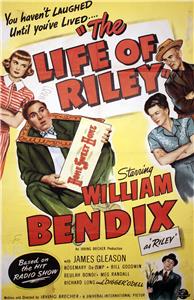
A factory worker's family is thrown into an uproar when his teenage daughter starts to date his boss' son.
| Cast overview: | |||
| William Bendix | - | Chester A. Riley | |
| Rosemary DeCamp | - | Peg Riley | |
| James Gleason | - | Gillis | |
| Bill Goodwin | - | Sidney Monahan | |
| Beulah Bondi | - | Miss Martha Bogle | |
| Meg Randall | - | Barbara 'Babs' Riley | |
| Richard Long | - | Jeff Taylor | |
| Lanny Rees | - | Junior Riley | |
| Mark Daniels | - | Burt Stevenson | |
| Ted de Corsia | - | Norman | |
| John Brown | - | Digby 'Digger' ODell | |
| Victoria Horne | - | Lucy Monahan | |
| William E. Green | - | Carl Stevenson |
Rosemary DeCamp (as "Peg Riley"), Lanny Rees (as "Junior Riley") and John Brown (as "Digger O'Dell, the Friendly Undertaker") all reprised their movie roles in the original The Life of Riley (1949) TV series.
"Lux Radio Theater" broadcast a 60-minute radio adaptation of the movie on May 8, 1950 with William Bendix, Rosemary DeCamp, Meg Randall, John Brown and Richard Long reprising their film roles.
Producer Irving Brecher was also doing the original television series. With William Bendix tied up in the movie, Jackie Gleason was starring in the television series as Riley. Only 26 episodes of that series were shot. When the series was revived several years later, William Bendix returned to the role he had performed on radio and the this movie.
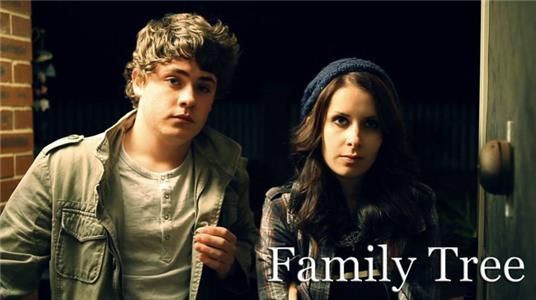

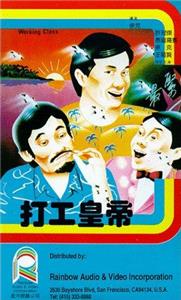
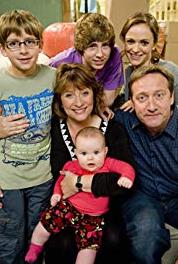
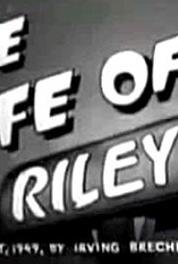
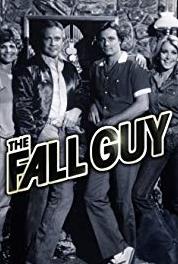
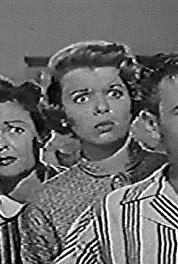
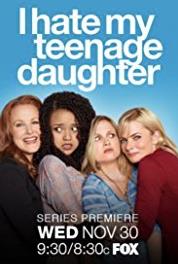
User reviews